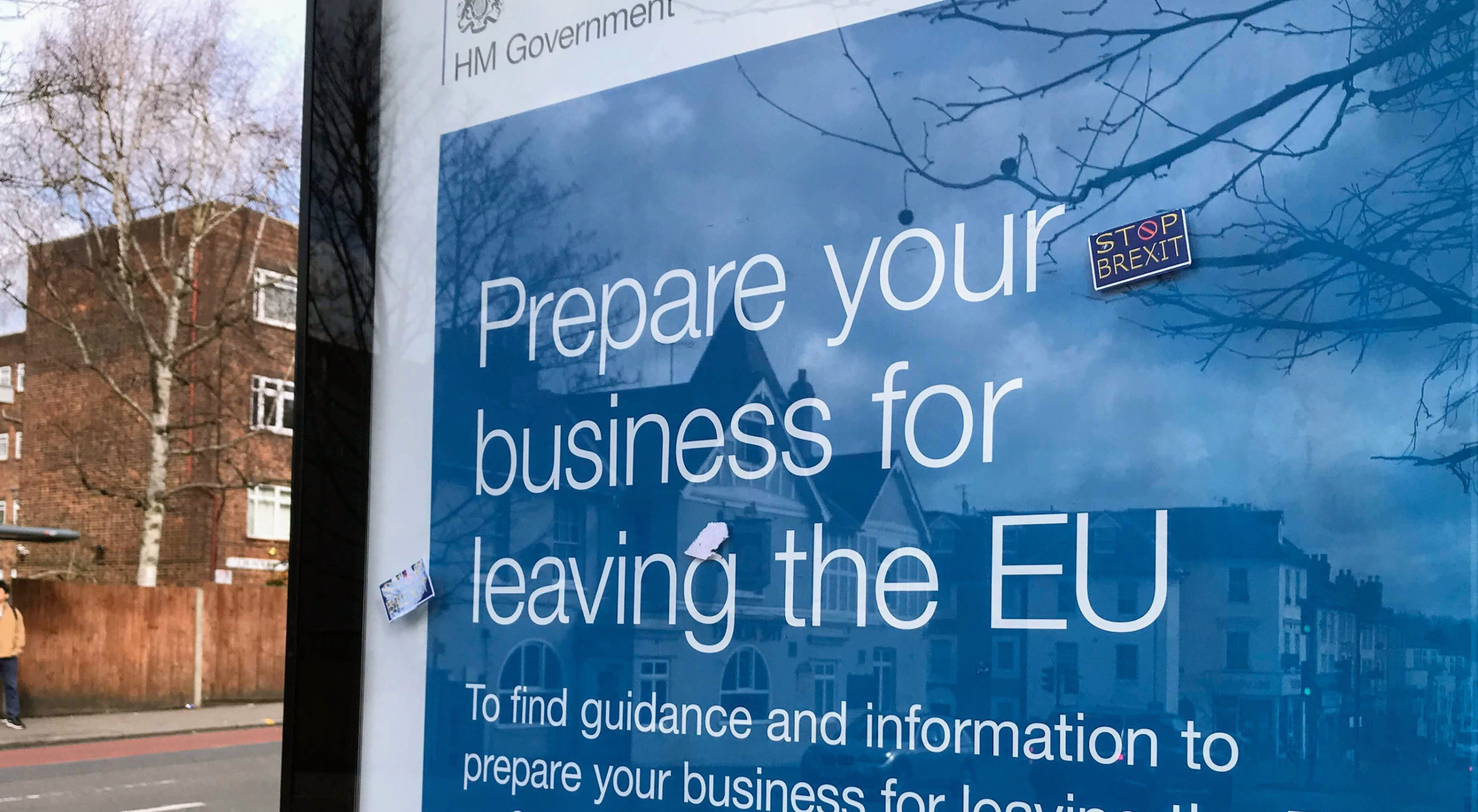
Will they, or won’t they? This is the big question as UK-EU trade talks rumble on, with a deal flitting between being imminent and out of the question, depending on who your source.
A fortnight ago, we posted a blog about how the post-Brexit trade talks seemed to be progressing positively, with both sides suggesting a deal was still likely. Last week, however, Downing Street stated that they were walking away from the table and accepting a no deal; and yet on Monday Michel Barnier, the EU’s chief negotiator, travelled to London for further intensive discussions.
Amidst the bluster, rhetoric and negotiating tactics, it is hard for onlookers to establish quite how likely a trade deal is. At this point in time, it’s near impossible to tell.
But one thing is clear: British businesses require clarity on what the trading landscape will look like on 1 January 2021, when the transition period ends, and the UK formally leaves the Single Market.
Interestingly, this week Prime Minister Boris Johnson has launched a major advertising campaign to publicise customs rules, urging organisations to properly prepare for Brexit. It comes in the wake of One World E-commerce’ own research, which provided some stark insights into the current level of preparedness among UK companies.
We commissioned an independent study among over 530 senior decision-makers within UK businesses. We found that 50% were worried about the impact of Brexit, with 43% saying they thought leaving the EU would be more damaging to their business than COVID-19 in the long-term. More than two fifths (42%) also said the pandemic had derailed their Brexit preparations.
With a little over two months remaining until the transition period ends, many organisations are simply not ready for Brexit. Putting to one side the question of whether the government has helped or hindered businesses to prepare, Boris Johnson is right to stress that urgent action is needed.
So, what have businesses done to date to prepare for Brexit? And what can they still do?
Again, One World E-commerce’ research provides some answers. The table below shows the ten most common Brexit preparations, highlighting how many firms had taken this action and how many still plan to do so…
Clearly, Brexit preparations will vary from organisation to organisation. A businesses’ size, sector, product or service, workforce, customer base and supply chain will dictate what it needs to be done to minimise disruption when the transition period ends on New Year’s Day.
For now, all eyes remain firmly fixed on the UK-EU trade talks. An outcome is required, and soon. Only when the specific terms of the future trading relationship are known, can organisations truly prepare for what is to come.